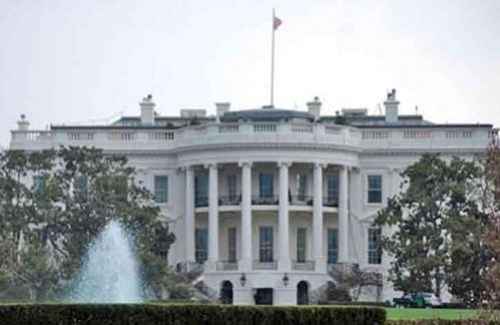The War of 1812, the first constitutionally declared war in the history of the United States and the first war to be fought in a modern democracy, was also a conflict fueled by family-oriented appeals, New York University historian Nicole Eustace writes in her new book, 1812: War and the Passions of Patriotism, which examines the role of emotion in the making of war.
From a military and geopolitical standpoint, the U.S. accomplished little in the War of 1812. The British burned the nation’s capital; the national debt nearly tripled; and no new territory was acquired. The peace treaty signed with Britain returned all issues to the status quo antebellum. Yet, the war did give rise to what newspapers of the day called an “era of good feelings.”
“In everything from formal political speeches to popular novels and songs, war boosters played up the idea that the war could be enjoyed as a romantic romp,” says Eustace, whose previous works include Passion Is the Gale: Emotion, Power, and theComing of the American Revolution (University of North Carolina Press). “Pleasurable emotions shaped public opinions.”
In 1812, proportionally few members of the U.S. population experienced fighting first- hand, Eustace observes. Instead, they read about the war in the newspapers and pamphlets that described it—yet Americans were told they had a vital role in the conflict.
“Pro-war polemicists promised that the most important way for most people to support the nation was to contribute to the population,” she explains. “If there was strength in numbers, then falling in love and raising a family was the most patriotic thing anyone could do.
“The war’s supporters insisted that love, marriage, and propagation were key forms of public participation in the nation and crucial human rights that could be enjoyed by all Americans, even by women and African Americans who were without formal political rights.”
Eustace adds that an expanding population could help the U.S. to seize and settle new lands, while a successful war could secure lands on which to establish new family farms.
|
|
“The only ones left outside this patriotic circle were the continent’s original inhabitants, American Indians,” she notes “Though the war earned the country no territory from the British, it did ensure that the British Empire would no longer be able to help enforce the land claims of American Indians.
“In the end, equating liberty with the right to produce progeny helped to justify the political exclusion of African Americans and white women, while furthering efforts to push Indians towards what people of the day freely called ‘extinction.’ Pro-war patriots in 1812 claimed that love of family and love of country were one and the same. Left unspoken was that these ‘family values’ came at a moral and political cost to the country.”






